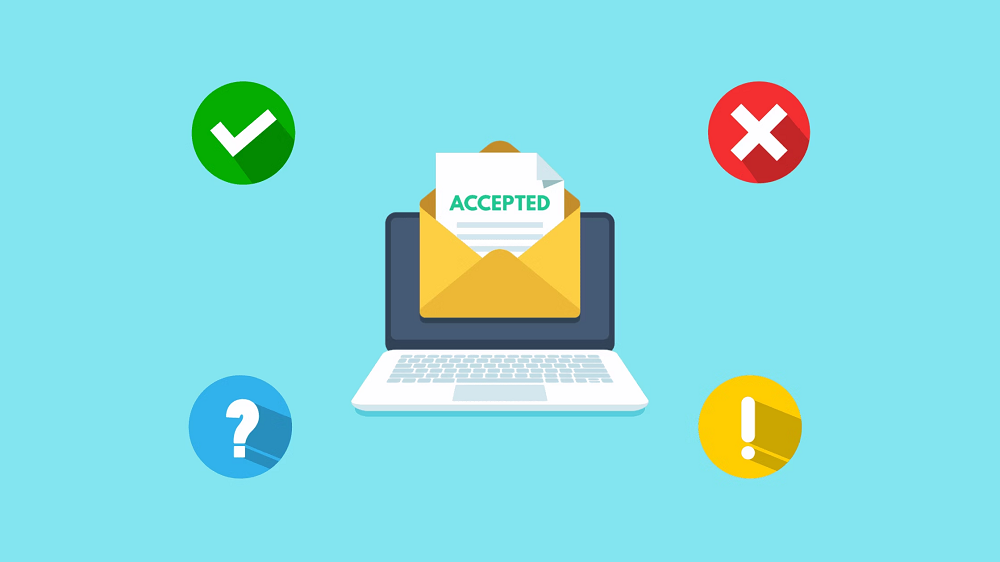Overview Of Email Authentication
A technological way to stop phishing and fake emails is through email authentication. SaaS product teams must be proficient in email authentication in order to safeguard the email alerts delivered by their apps.
Check this for more info : check email address for scammer
Email authentication: What is it?
Email Authentication means of demonstrating that an email is legitimate is email authentication. Stated differently, it offers a means of authenticating that an email originates from the intended recipient. Most frequently, email authentication is used to prevent fraudulent or destructive uses of email, such spam and phishing.
Technical standards that enable this verification are referred to as “email authentication” in practice. SPF, DKIM, and DMARC are the email authentication protocols that are most often used. Since SMTP lacks authentication techniques, several standards were created to support it. SMTP is the core protocol used to transmit emails.
How does authentication for email work?
Email authentication may be done in a number of ways, each having pros and cons of its own. Though each technique has a different specific technical implementation
An email-sending company or organisation creates a policy outlining the guidelines for validating emails coming from its domain name.
In order to apply and publish these rules, the email sender sets up its mail servers and other technological infrastructure.
When an email arrives, a mail server verifies that it is receiving legitimate messages by comparing the message’s contents to the domain owner’s regulations.
Based on the results of this authentication, the receiving mail server decides whether to deliver, flag, or even reject the message.
As these procedures make evident, both the sender and the recipient need to be involved for this process to be successful. Technical standards for email authentication are crucial because they establish a uniform method for setting the criteria for email authentication that can be used by any kind of organisation. Remember that email sender authentication gives receivers a certain amount of assurance that the email message truly came from the source that is represented. Comprehending email authentication is essential for organisations as it fosters trust and confidence among receivers.
Email authentication is based on fundamental principles
Standards like SPF, DKIM, and DMARC provide many facets of email authentication. They deal with related problems.
Senders can specify which IP addresses are permitted to send mail for a certain domain using SPF.
An encryption key and digital signature provided by DKIM serve as proof that an email message was not tampered with or falsified.
DMARC gives domain owners the ability to specify how they want email from a domain to be treated in the event that an authorization test is not passed. It also integrates the SPF and DKIM authentication algorithms into a single framework.
Email authentication is crucial for SaaS apps to protect their brand, identity, and reputation. It ensures that emails are authenticated, preventing spammers and phishing scams from stealing user information. Proper email authentication also improves the likelihood of notifications and critical product emails reaching users’ inboxes. By implementing email authentication, SaaS companies can protect their users and maintain a strong brand reputation.

